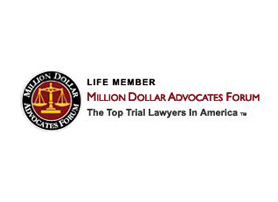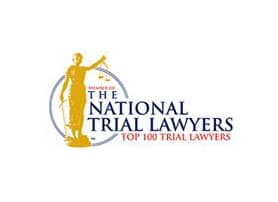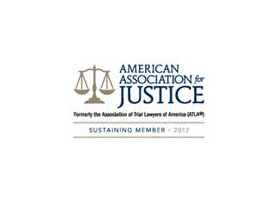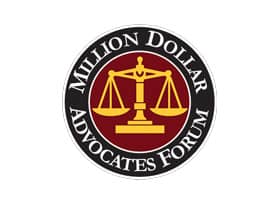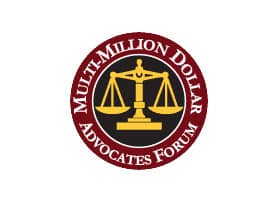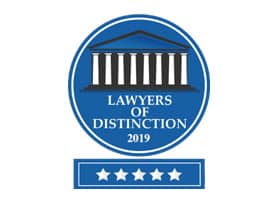How a Personal Injury Lawsuit Moves Forward—Phase One
 When you’ve been injured because of someone else’s negligence, you want the legal process to move as swiftly as possible, so that you can get the compensation you need to cover all your losses. There are specific steps to the legal process, tasks that need to be completed before a trial can begin. In this series of blogs, we look at what typically happens before a trial commences, before your lawyer makes an opening statement to a jury.
When you’ve been injured because of someone else’s negligence, you want the legal process to move as swiftly as possible, so that you can get the compensation you need to cover all your losses. There are specific steps to the legal process, tasks that need to be completed before a trial can begin. In this series of blogs, we look at what typically happens before a trial commences, before your lawyer makes an opening statement to a jury.
Initial Pleadings Must Be Filed
Before anything else can happen, you must file a complaint. The complaint must be filed within a specific period of time after your accident (or after you discover the injury, if it was not readily apparent). That’s customarily two years from the date of the accident, but may be as little as 90 days, depending on who the wrongdoer was. The complaint is filed with the clerk of the court, but the defendant must also be served with a copy. Under court rules, the defendant then has a specific number of days to respond to the complaint by filing a formal “answer.” If the defendant does not answer within the required period of time, you can ask the court for a default judgment.
The Discovery Period
Once the complaint and answer have been filed with the court, the judge will typically schedule a hearing to discuss how the case will move forward. The judge will determine the likelihood that the case can be settled, and may encourage the parties to engage in good-faith settlement discussions. The court will also establish the guidelines for “discovery”—a legal term for the gathering of evidence.
As a general rule, discovery takes three forms—depositions, requests for production, and interrogatories. Depositions are oral examinations of witnesses under oath and recorded by a court reporter. Interrogatories are written questions that parties must answer. Requests for production typically relate to documents that are relevant to the case.
The judge will customarily identify a date by which all discovery must be completed, and may set parameters on the number of interrogatories and other discovery.
To learn more about what happens after discovery is completed, see our blog on What to Expect During a Personal Injury Lawsuit, Part Two.
Contact Attorney Howard D. Popper
To learn your options when you have suffered a personal injury, contact our office online or call attorney Popper at 973-993-8787. We have offices in Morristown and Newton, but will come to your home or the hospital, if necessary. There is no charge for your first consultation.
We handle all personal injury claims on a contingency basis. You won’t be charged any legal fees unless attorney Popper recovers compensation for your losses.




